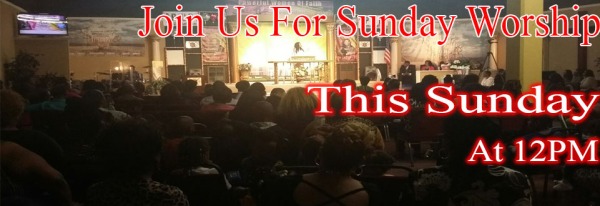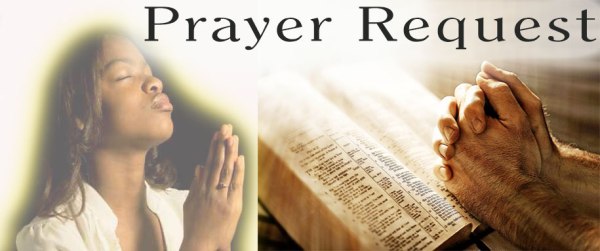- 06/14/2017 12:45 pm
While the diverse cultures of the Christian world have their distinctive and beautiful approaches of worshipping, there’s something distinctively enriching regarding African-American Christian worship. We trust it exemplifies principal outlines of thought & experience that do much to praise it to Christians far and wide.
Anyone who has noticed or partaken in an Afro-American Christian worship facility will agree that there’s an indisputable dissimilarity between the manner American Blacks worship & the worship of other ethnic and racial groups. Embedded in their distinctive social past in America, the similarity is more one of function & experience in comparison to proof that one approach is better to another.

The custom of Afro-American worshipping together persisted to progress throughout the late nineteenth century and carries on to till date in spite of the turn down of segregationist approaches and the standard acceptability of integrated devotion. African American Churches in Charlotte, NC have long been the hubs of communities, serving as school locations in the early years following the Civil War, hosting social welfare functions, like offering help for the poor, and going on to established schools, or prison and orphanage ministeries. Consequently, black churches have promoted influential community organizations and offered spiritual & political leadership, especially throughout the civil rights movement.
Tasks of Afro-American worship:
With no posturing to being comprehensive, the following are some modern tasks of Afro-American worship and it must carry on:
To reproduce the collective experience of Afro-Americans without lessening the critical focus of worship admiration of & for divinity.
To contain inventive tension its unmistakable emphasis on fixing the injustices & disproportion in this globe with eschatological focal point on the life to come.
To find a balance between impulsiveness and order
To be commemorative without surrendering to emotionalism.
To empower worship and rejoice Christ.

Afro-American worship has played an important part in the Afro-American society. Slaves who didn’t discard their African spiritual legacy came to admit the God of their masters, devoting God initially in the Invisible Institution and afterward in their free cathedrals.
There was revised Christianity exceptionally suited to fulfill the requirements of their existential circumstance. A merriment of God’s redemptive deeds in history and on their behalf, their devotion offered them with pastoral attention, freedom, and empowerment. Music, prayer and the sermonized words are amongst the rudiments of their devotion, meant to carry on to be a "Balm in Gilead" for the rest of the journey. For more information stay connected with us on our facebook ,twitter ,google+ pages .






